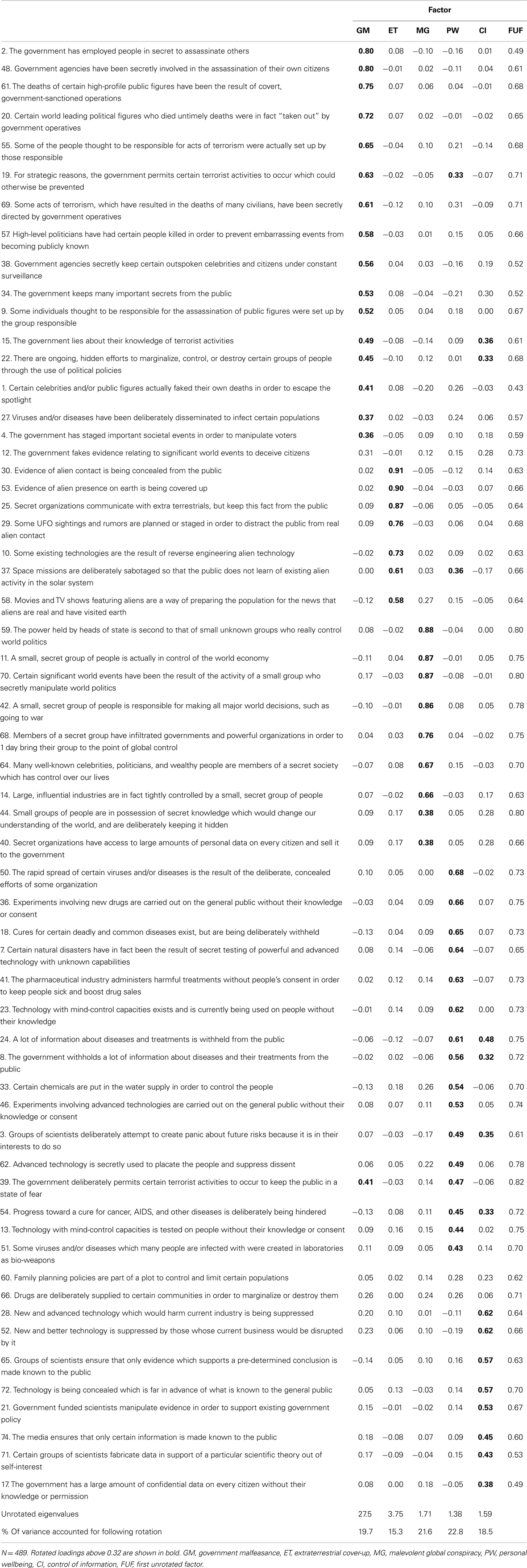Category Archives: General
mid-14c., “a plotting of evil, unlawful design; a combination of persons for an evil purpose,” from Anglo-French conspiracie, Old French conspiracie “conspiracy, plot,” from Latin conspirationem (nominative conspiratio) “agreement, union, unanimity,” noun of action from past-participle stem of conspirare “to agree, unite, plot,” literally “to breathe together” (see conspire).
Earlier in same sense was conspiration (early 14c.), from French conspiration (13c.), from Latin conspirationem. An Old English word for it was facengecwis.
Conspiracy theory “explanation of an event or situation involving unwarranted belief that it is caused by a conspiracy among powerful forces” emerged in mid-20c. (by 1937) and figures in the writings of, or about, Charles Beard, Hofstadter, Veblen, etc., but the degree of paranoia and unreasonableness implied in each use is not always easy to discern. The phrase was used from 19c. in a non-pejorative sense “the theory that a (certain) conspiracy exists,” especially in court cases. Its use in general reference to theories of hidden cabals pulling wires behind the scenes of national or global events is by 1871.
We shall better understand the ensuing civil war if we study the movements in the four most important of these States, in relation to a theory which asserts that the secession was a conspiracy whose central cabal, composed of Southern senators and representatives in Washington, dictated through its ramifications in the States the inception and the course of the revolution. [James Ford Rhodes, page headed “The Conspiracy Theory” in “History of the United States from the Compromise of 1850,” New York, 1893]
To the Jingo Imperialist “the South African Conspiracy” is the alleged Dutch conspiracy to drive the British into the sea. But, to the man accustomed to weigh evidence and to base his opinions on ascertained facts, it is clear that this conspiracy theory is absolutely untenable, for whatever “evidence” has been adduced in support of the theory is nebulous and shadowy in the extreme. [“The South African Conspiracy,” in “The Westminster Review,” January 1902]
https://www.etymonline.com/word/conspiracy
The conspiracy theory meme as a tool of cultural hegemony: A critical discourse analysis
https://www.researchgate.net/publication/322682499_The_conspiracy_theory_meme_as_a_tool_of_cultural_hegemony_A_critical_discourse_analysis
Show/hide publication abstract
Abstract (Summary)
Those rejecting the official accounts of significant suspicious and impactful events are often labeled conspiracy theorists and the alternative explanations they propose are often referred to as conspiracy theories. These labels are often used to dismiss the beliefs of those individuals who question potentially hegemonic control of what people believe. The conspiracy theory concept functions as an impediment to legitimate discursive examination of conspiracy suspicions. The effect of the label appears to constrain even the most respected thinkers. This impediment is particularly problematic in academia, where thorough, objective analysis of information is critical to uncovering truth, and where members of the academy are typically considered among the most important of epistemic authorities. This dissertation tracked the development and use of such terms as pejoratives used to shut down critical thinking, analysis, and challenges to authority. This was accomplished using critical discourse analysis as a research methodology. Evidence suggesting government agents were instrumental in creating the pejorative meme conspiracy theorist was found in contemporary media. Tracing the evolution of the conspiracy theory meme and its use as a pejorative silencer may heighten awareness of its use in this manner and diminish its impact.
